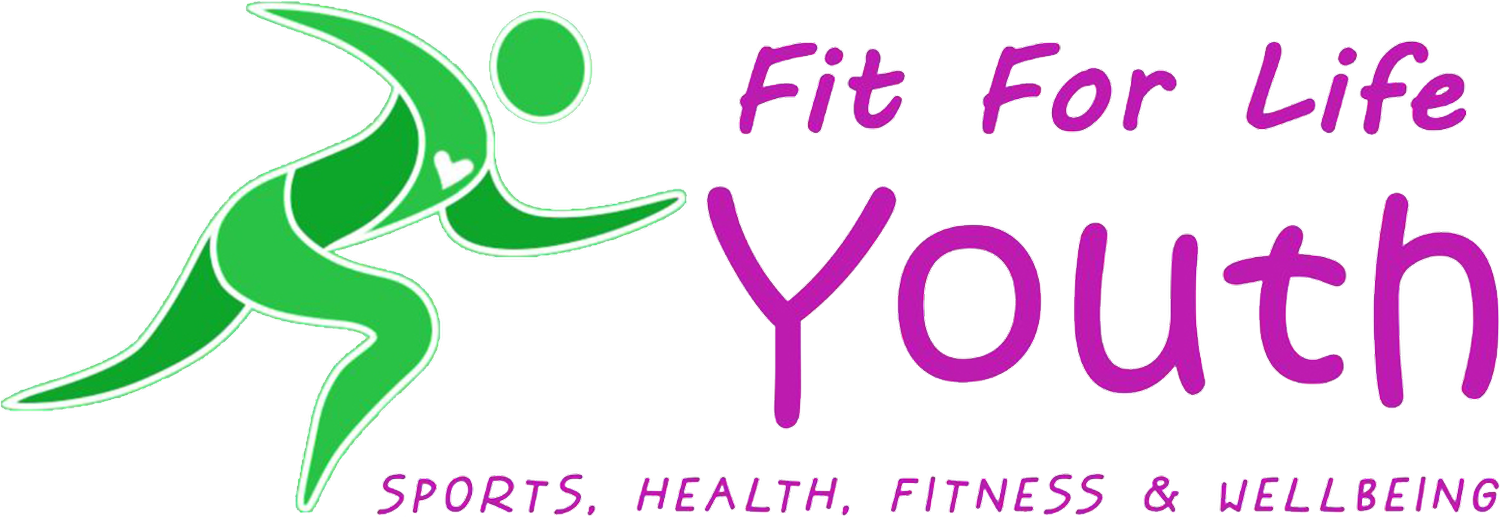FOOD AND YOUR MOOD
Say goodbye to your moody mind… and hello to a happy you.
Here at Fit For Life Youth we want to support you in any way that we can and we believe anything is possible with the right mindset and tools. We got you!
You’re probably thinking what has my diet got to do with my mood? It all goes in and out the same way right? Right.
However, it is proven that eating the right balance of foods will improve your mental health and help any symptoms of depression and anxiety. With the right fuel, nutrition and balance in your diet you are setting yourself up for less fluctuation in moods, more consistency in your metabolism, better digestion, improved focus and even more importantly… a happy life!
What does a good diet look like?
Don’t worry, you aren’t in for a ride of carrot sticks and lettuce for the foreseeable. Luckily, promoting brain health can be absolutely delicious, varied and realistic! Before you prepare your school lunch or plan your weekly shop, you can consider some key factors listed below to support your food choices:
Blood sugar levels
It is important to keep your blood sugar levels regulated. If your blood sugar lowers, you can result in feeling anxious, irritable and low. You can do this by eating regularly and consuming foods that release energy slowly such as rice, oats and nuts. If you particularly struggle with sudden mind fog and fatigue, perhaps start spreading your meals out throughout the day and eating smaller portions more regularly. Your energy levels will rise when consuming sugary foods or stimulants such as caffeine, sweets and alcohol, try to be aware of what you are eating and limit your consumptions where necessary to keep your levels consistent.
Drink your water!!!
It seems so simple, but it makes all the difference. By consuming 2-3 litres of water a day, you will find it easier to concentrate whilst keeping yourself hydrated and supporting your bodily digestion. Other fluids count towards your hydration levels too but be mindful of their other ingredients and how they may affect you.
Oh how we love our coffee and it’s energy boosting effects BUT this stimulant will cause dehydration and therefore will need to drink an equal amount of water to keep your hydration levels stable. But more importantly, as much as we love that caffeine buzz, it can negatively impact your mental state by causing irritability, insomnia, restlessness and anxiety. So, before you have a cuppa after your hard day studying, think, and be aware of how it may affect you.
Proteins - all that good stuff!
By keeping your meals rich with proteins, it will help to manage your energy levels, increase strength and brain function whilst keeping your belly full. Amino acids are found in protein which create the chemicals in your brain which are used to navigate your thoughts and feelings.
Amino acids also support the growth and repair of body tissue, break down food and sustain a normal digestive system, provide energy, maintain healthy skin, hair and nails whilst also creating hormone and brain chemicals. Which all contributes to feeling good!
Examples of high protein foods: lean meat, fish, eggs, cheese, legumes (peas, beans and lentils), soya products, nuts and seeds.
5 a day keeps the doctor away
This old phrase is nothing but facts! Not only do fruits and vegetables contain the right minerals we need to keep us healthy mentally and physically, they also provide lots of fibre to support our digestion.
Digestion is very important when it comes to mental health. It has been proven that there is a strong link between brain health and gut health and more often than not, your gut can reflect your emotions. Therefore, it is so important to give your body the right nutrients and tools it needs to work its magic!
Get that fat in your belly! Omega 3 - fatty acids ‘’Healthy fats’’
By introducing the right fats to your diet, you will notice stability in your moods. Good fats are known to improve brain function and mental disorders whilst also supporting bone and joint health, an increase in vision and fights inflammation. Examples of fats: fish (especially salmon and mackerel), flax seeds, chia seeds, walnuts, olive oil, avocados. You can also buy some great supplements.
